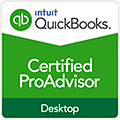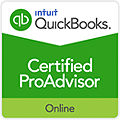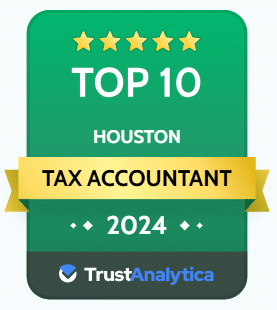As the saying goes, there are only two certainties in life: death and taxes. For business owners, the latter can be especially daunting, and recent changes in IRS interest rates have made it even more critical to stay on top of estimated tax payments throughout the year. Failing to do so can lead to an unpleasant and costly surprise come tax season.
IRS Interest Rates Are on the Rise
In recent years, the IRS has raised its interest rates for underpayment of taxes, making it more expensive for taxpayers to delay payments or fall behind on their estimated tax obligations. This increase in interest rates has the potential to create a financial shock for business owners who find themselves facing a substantial tax bill, often double or more compared to previous years.
The Impact of Delayed Payments
When business owners neglect to pay their estimated taxes promptly, they run the risk of incurring not only higher interest charges but also penalties. These financial penalties can add up quickly, compounding the overall amount owed to the IRS. This results in an unpleasant financial surprise when tax season rolls around.
Avoiding the Tax Shock
To avoid the tax shock and its associated financial burden, business owners should make estimated tax payments regularly throughout the year. Here are some key steps to consider:
1. Set Up a System: Establish a reliable system for calculating and paying estimated taxes. For our VC Clients we have a system where we review profits every quarter and make adjustments and recommendations to our clients on monthly taxes to be paid.
2. Stay Informed: Keep abreast of changes in tax laws and IRS interest rates. At VC we tackle these topics during our calls, emails and tax planning meetings, to keep you updated on changes.
3. Consistent Payments: Make estimated tax payments in line with IRS guidelines. Consistency in these payments can help you avoid penalties and interest charges. At VC we make these payments monthly with your approval, so your covered, if you approved the full amount.
4. Adjust as Necessary: If your business experiences significant changes in income or expenses during the year, adjust your estimated tax payments accordingly. This ensures that you’re paying an amount that accurately reflects your tax liability. Here again for our clients we review profits quarterly and make adjustments to stay on top of any surprises!
5. Seek Professional Advice: Consulting with a tax professional or accountant can provide invaluable guidance in navigating the complexities of estimated taxes. They can help you strategize and minimize your tax liability.
In conclusion, with the IRS charging higher interest rates for underpayment of taxes, business owners must be vigilant in paying their estimated taxes throughout the year. Falling behind or neglecting these payments can lead to a financial shock come tax season, with potentially double the tax bill from previous years. To avoid this situation, set up a consistent system for estimated tax payments and seek professional advice when needed. By doing so, business owners can stay ahead of the curve and ensure a smoother tax season.













